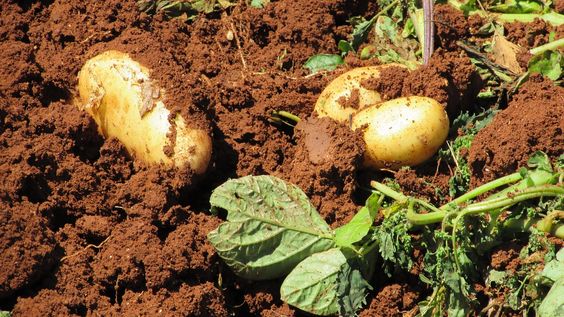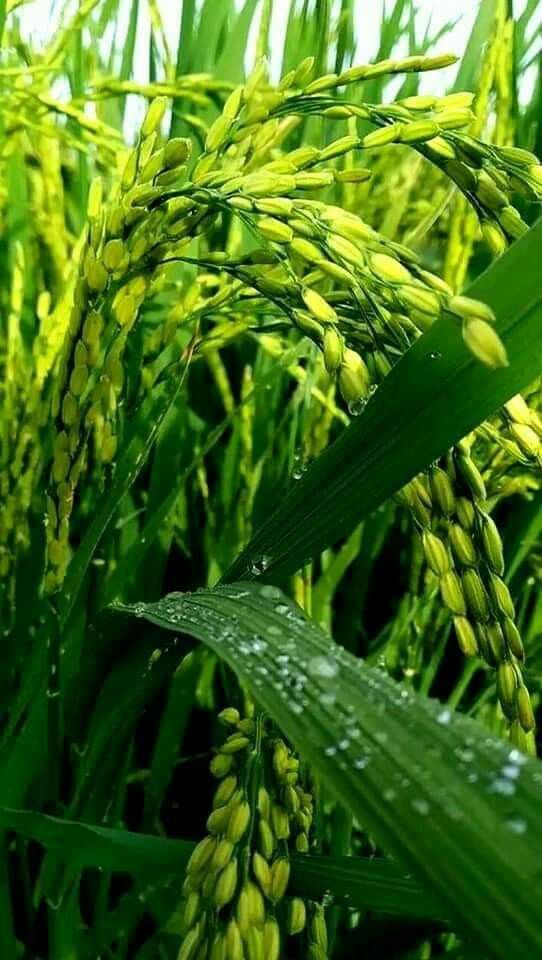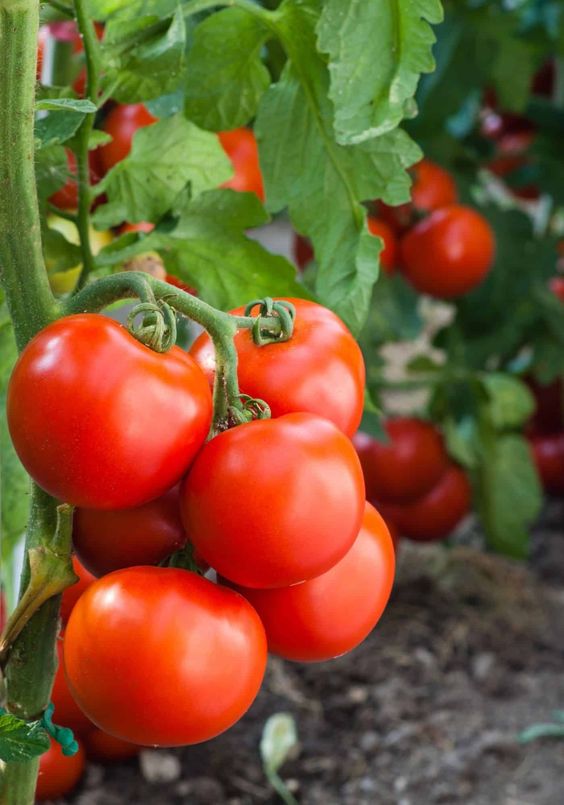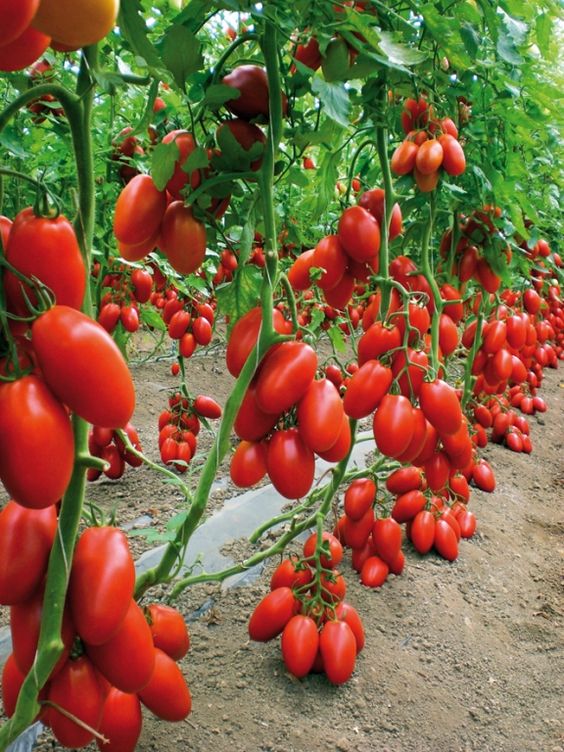Smart Spuds: Optimizing Large Scale Potato Production with Precision Agriculture
Large Scale Potato Production,The humble potato is a global staple, feeding billions and boasting immense versatility. However, large-scale potato farming faces challenges like resource scarcity, disease control, and fluctuating market demands. Here’s where Smart Agriculture steps in, offering a data-driven approach to optimize potato production and ensure long-term sustainability.
Objectives of Smart Potato Farming
Large Scale Potato Production Smart potato farming aims to achieve several key objectives:
- Increased Potato Yield: By utilizing real-time data on soil health, weather patterns, and plant growth, resources like water and fertilizer can be applied precisely, maximizing yield without waste.
- Improved Resource Management: Smart irrigation systems based on soil moisture sensors ensure optimal water usage, reducing environmental impact and lowering costs.
- Enhanced Disease and Pest Control: Utilizing weather stations and drone-mounted sensors allows for early detection of pest and disease outbreaks. Targeted interventions can then be implemented, minimizing crop damage and the need for broad-spectrum pesticides.
- Streamlined Operations: Smart farm management platforms can integrate data from various sources, providing a holistic view of the farm’s operations. This allows for informed decision-making, efficient resource allocation, and improved labor productivity.
- Traceability and Quality Assurance: Implementing sensors that track temperature and storage conditions throughout the supply chain ensures potato quality and facilitates traceability, enhancing consumer confidence.
Benefits of Smart Large Scale Potato Production
The adoption of Smart Agriculture practices in Large Scale Potato Production farming offers a multitude of benefits:
- Increased Profitability: Precise resource management, improved yields, and reduced waste lead to higher profit margins.
- Enhanced Sustainability: Water conservation, targeted pest control, and data-driven decision-making contribute to a more sustainable agricultural footprint.
- Improved Potato Quality: Consistent monitoring and optimized growing conditions lead to potatoes with superior taste, texture, and storability.
- Reduced Environmental Impact: Minimized water usage, targeted application of pesticides, and data-driven practices lead to a reduced environmental impact.
- Enhanced Market Access: Traceability allows farmers to demonstrate sustainable practices and meet growing consumer demand for ethically sourced produce.
Smart Agriculture Technologies for Large Scale Potato Production
Several key Smart Agriculture technologies are revolutionizing large-scale potato production:
- Internet of Things (IoT) Sensors: These sensors continuously collect real-time data on soil moisture, temperature, humidity, and nutrient levels. This data is then transmitted wirelessly for analysis and implementation of informed actions.
- Precision Irrigation Systems: Utilizing soil moisture sensors, these systems deliver water directly to the root zone at the precise amount and time required, maximizing water efficiency.
- Drones: Equipped with multispectral imaging sensors, drones can map fields, identify disease outbreaks, and even apply targeted pesticides precisely.
- Weather Stations: Real-time weather data allows farmers to adjust irrigation schedules and prepare for potential weather events that could impact potato growth.
- Farm Management Platforms: These cloud-based platforms integrate data from various sources, providing actionable insights into farm operations, crop health, and potential risks.
Putting Smart Spuds into Practice
Implementing Smart Agriculture in Large Scale Potato Production requires a strategic approach:
- Data Infrastructure: Setting up a network of sensors and weather stations ensures comprehensive data collection across the farm.
- Data Analytics: Investing in platforms and expertise to analyze collected data and translate it into actionable insights.
- Integration with Existing Systems: Smart technologies should seamlessly integrate with existing irrigation systems and farm machinery for smooth operation.
- Farmer Training: Providing training on using new technologies and interpreting data equips farmers to leverage Smart Agriculture effectively.
Challenges and Considerations for Smart Large Scale Potato Production Farming
While smart potato farming offers numerous benefits, it’s important to acknowledge the challenges associated with implementation:
- Cost: The initial investment in sensors, data platforms, and potential automation equipment can be significant.
- Technical Expertise: Implementing and effectively utilizing smart farming technologies requires some technical knowledge or the ability to hire skilled personnel.
- Connectivity: Reliable internet connectivity across vast fields can be a hurdle, especially in remote locations.
- Data Security: Ensuring data security is crucial to protect sensitive farm information.
Strategies for Overcoming Challenges:
- Government Support: Government incentives and subsidies can encourage farmers to adopt smart farming practices.
- Public-Private Partnerships: Collaboration between technology companies and agricultural extension services can provide training and support to farmers.
- Scalable Solutions: Technology providers should develop cost-effective and scalable solutions suitable for large-scale farms.
- Data Sharing Platforms: Secure platforms allowing anonymized data sharing among farmers can foster knowledge exchange and best practices.
The Future of Smart Potato Farming:
Large Scale Potato Production,The future of smart potato farming is bright, with continuous advancements in technology offering exciting possibilities:
- Artificial Intelligence : algorithms can analyze vast datasets to predict crop yields, optimize resource use, and even identify optimal planting times based on weather forecasts.
- Robotics: Automated robots can handle tasks like planting, weed control, and harvesting, further reducing manual labor requirements.
- Blockchain Technology: Blockchain can ensure food traceability, allowing consumers to track the origin and journey of their potatoes, promoting transparency and trust.
Conclusion Large Scale Potato Production In conclusion, smart potato farming offers a transformative approach to Large Scale Potato Production. By embracing data-driven technologies, precision agriculture techniques, and adapting them to their specific needs, potato farmers can unlock a future of higher yields, improved resource management, and a more sustainable agricultural landscape. With continued research, innovation, and collaboration, smart potato farming has the potential to revolutionize the industry and ensure the secure and sustainable production of this vital global food source.
Additional Considerations for Different Potato Varieties
While the core principles of smart Large Scale Potato Production farming remain consistent, there are some considerations specific to different potato varieties:
- Seed Potatoes: Smart systems can monitor storage conditions of seed potatoes, ensuring optimal temperature and humidity for healthy sprout development.
- Table Potatoes: Data-driven approaches can be used to optimize growing conditions for desired table potato qualities like size, skin color, and texture.
- Processing Potatoes: Smart farming can help manage potato crops for specific processing needs, such as high starch content for french fries or optimal sugar content for potato chips.
-
Integration with Existing Practices:Smart potato farming should not be seen as a complete overhaul of traditional practices. It’s best implemented as an integrated approach, leveraging existing knowledge and practices with the power of data and technology.




